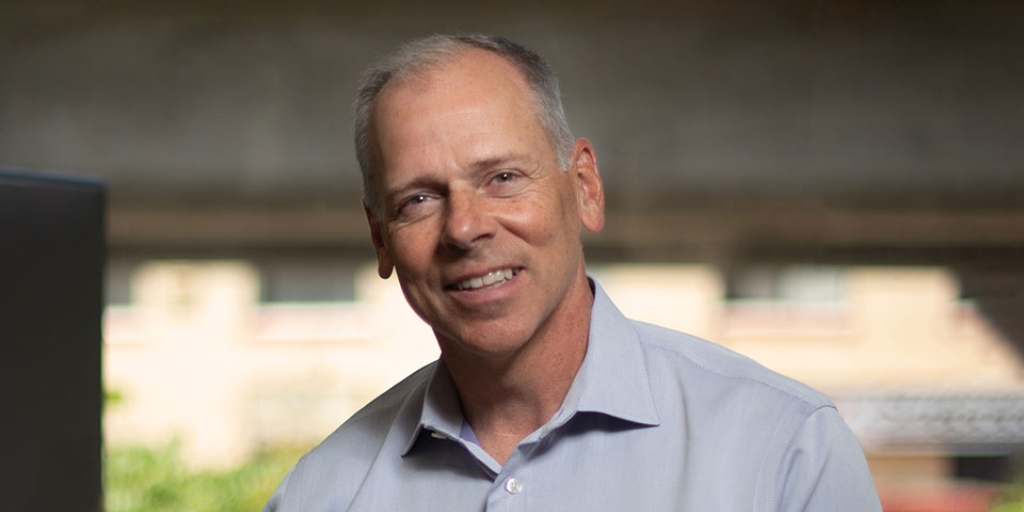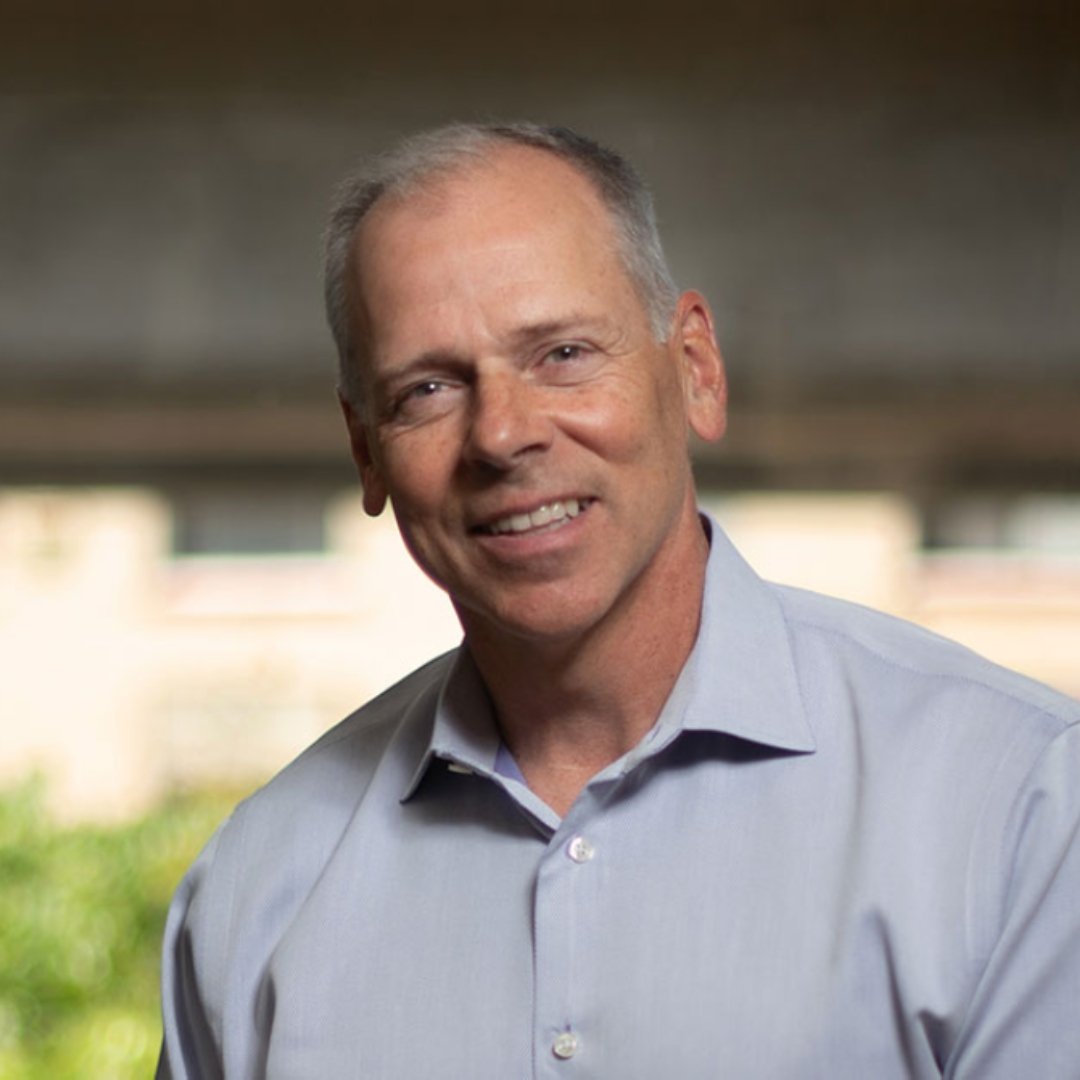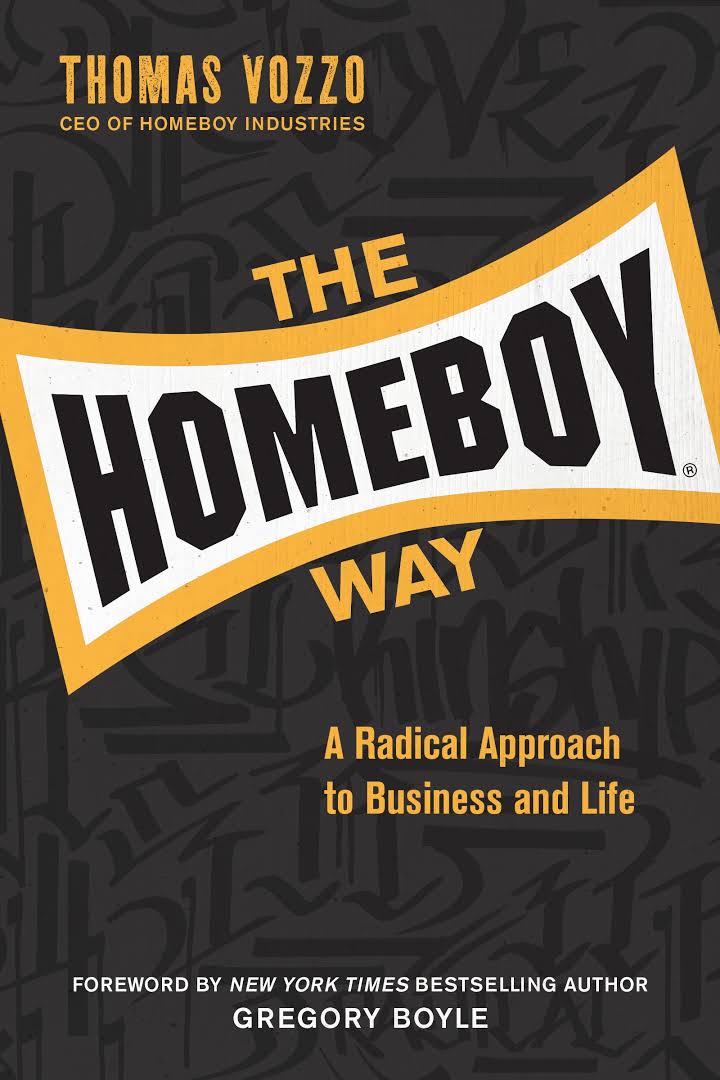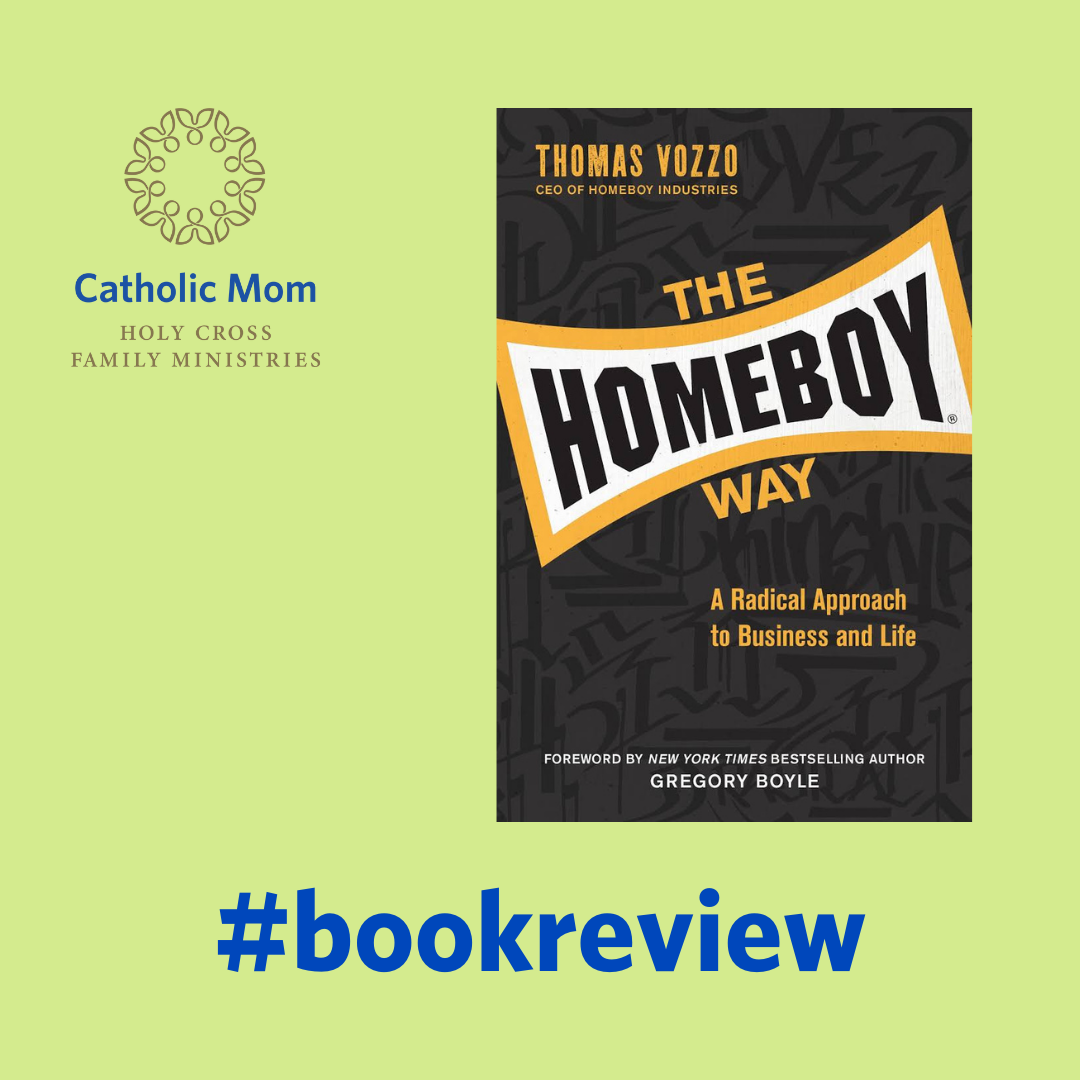
Lisa Hendey interviews Thomas Vozzo, the author of The Homeboy Way: A Radical Approach to Business and Life.
Today, I continue my ongoing series of conversations with published authors as I’m joined by Thomas Vozzo, the author of The Homeboy Way: A Radical Approach to Business and Life. I’ve been an admirer of the work done by Homeboy Industries for years. It was a true gift to pour over this new book by Thomas and to consider so much of the philosophy behind the success of this impactful organization. Working alongside Homeboy’s founder Fr. Greg Boyle, SJ, Thomas has found a way that not only impacts Homeboy’s clients and community, but also his own spiritual journey. This is one of those books that I will read multiple times. It is rich in inspiration but also challenges us to move beyond platitudes to begin to create a world where we truly care for and serve one another. After having read The Homeboy Way, I’m moved to consider how I might better implement much of what Thomas Vozzo teaches in my own life and work. I hope you enjoy our conversation and that this book is as much a gift for you as it’s been for me!
Since 2012, Thomas Vozzo has served as the first-ever CEO of Homeboy Industries, the largest and most successful gang rehabilitation and re-entry program in the world. Vozzo has led the nonprofit organization forward, bringing his business expertise and vision to implement a strategic and mission-driven development plan for the organization that has doubled the organization’s size and impact. As a voluntary, unpaid CEO, Vozzo has cultivated Homeboy’s portfolio of job-training businesses (e.g., Homeboy Bakery, Homegirl Café, and Homebody Electronic Recycling) and increased revenues from Homeboy Industries’ enterprises while decreasing the organization’s reliance on government funding to just 5 percent.

Q: Thomas Vozzo, congratulations on the publication of The Homeboy Way: A Radical Approach to Business and Life and thank you for all of your wonderful work with Homeboy Industries. Please briefly introduce us to yourself and your family.
My wife and I met on the first day of college and now have been married 37 years. We have two adult sons who chose professions in which they can help others – a teacher and a doctor.
Q: In the book, you share with remarkable honesty how you transitioned after a successful corporate career into your role as CEO of Homeboy Industries. Looking back on that decision, what advice would you have given yourself when discerning such a major life decision?
Don’t overthink it. Have faith. I love this quote from Martin Luther King: “Faith is taking the first step even when you don’t see the whole staircase.” Upon reflection, I had faith that following my instinct to work with those on the margins of our society that it would work out for me and not worry what my “business friends” would think.
Q: This book is filled with business ethics wisdom and leadership insight, but I read it from the perspective of a work-from-home, self-employed individual who desires to live life more generously. What motivated you to write the book and what do you feel are its greatest lessons for any reader?
For many years I saw myself as a firsthand eyewitness to understanding humanity in a much different way. Along the way, almost by providence, I was able to see how to truly help the poor and most forgotten people in our community. In addition, the many essential resources, what is so needed is kinship and compassion that leads to foundational healing. This can only be done through relationships and it’s in those relationships where all of us can play a part.

Q: Your professional service to Homeboy has freed Father Greg Boyle, Homeboy’s Founder and the organization’s heart and soul, to minister in new and evolving ways. What is it like to work with Father Greg and the Homeboys and Homegirls on a daily basis?
I stand in awe at the resilience of the Homeboy clients. The burdens they carry and the way they move their lives forward are inspiring. From them and the teachings of Fr. Greg, I have learned to open my heart and be touched by their gentle and authentic friendship. How they understand God’s grace has led me to seek my own spiritual journey—the kind of journey we all can take.
Q: You share an example from your childhood of charitable giving and speak so eloquently in the book about the concept of generosity, offering poignant examples of how the poor among us are sustained by their generous loving of one another. How can we cultivate a culture of more open generosity in our homes and communities?
I love the two lines by Gerald Fagin that gratitude “is the movement within the human heart that goes beyond the gift to the giver.” And “grateful people do not claim things as their own but cherish everything as given and received.” As we move to a community that more values the giver in a truly personal relationship, then generosity will come naturally. Generosity and gratitude are personal sets of choices that allow for grace-filled experiences with one another and with God. Being at Homeboy has allowed me to gain greater insight, knowledge, and practice around these concepts.
Q: How can the average person like me stem the tide of the continuing division of the “two Americas” you write about in the book?
In the book, I explain at length what I mean by the “two Americas.” In short, there is the America nearly all of us live in (“Privileged America”) and then there is the America of the poor and demonized people of our society. At Homeboy, I became part of a team that fights every day against the notion perpetuated by Privileged America—that some people are less important than others. Having seen up close in an unvarnished way how society treats fellow human beings, I am saying all of us need to do something to help. The first step is to recognize and bring “voice” to these issues for many of us absent mindlessly allow it to happen. Then we must work on breaking down the intuitional inertia that stands in the way of substantive changes.
Q: With a national spotlight on systemic racism finally opening up the conversations we need to have, how can purposeful self-reflection be a part of changing our world?
I will answer this from my perspective as a white male who works in an organization that is 90% people of color. For me, there are two clear thoughts we always need to put front and center. The first is that racism exists and that most people are not racist. So given these two tenets (even if they are in tension with each other), we now can move into finding solutions to make the world a less racially divided place. Importantly, we must recognize that some of us do have privilege and some of us don’t. We must work to live in exquisite mutuality. We must work to ensure everyone has a fair chance to live a healthy, happy, and dignified life. Those of us with privilege can use our resources at the margin of society to unite the margin with the rest of society.
Q: You offer some powerful comments in the book about rules that need to be broken in order for us to break some of the cycles of poverty and marginalization. Please share one of these.
People think: “My gifts or skills are not the help-people type.” I say that is a notion we need to rid ourselves of. I’ve learned that to help people on the margins, it first starts with building relationships and then leads to understanding how your “functional skills” can help. We need to pay attention to the gifts we have and pray and meditate on what God would want us to do with those gifts. There is not you and a spiritual you; there is just you. And the unique gifts you have will be used, eventually, to help the world as God desires.
Q: For those who would like to become a part of the mission of Homeboy Industries, what are some practical ways we can support your work?
We are a human services non-profit organization that is mostly funded by donor support. Please visit our website at HomeboyIndustries.org and support us in helping more people. Additionally, follow us on our social media platforms whereby you can learn more about Homeboy and help us get the message out that people should be invested in and not thrown away by our society.
Q: Are there any additional thoughts or comments you would like to share with our readers?
It’s my life’s honor to be a part of the Homeboy community and to serve humbly alongside my fellow humans. I ask that, as you read the book and hear the homie stories, you read them with an open heart and fresh eyes. For when we all buy into the Homeboy Way, a true movement will be created.
100% of author royalties from The Homeboy Way: A Radical Approach to Business and Life go to support the mission of Homeboy Industries.
For More Information:

Copyright 2022 Lisa M. Hendey
Images courtesy of Thomas Vozzo
This article contains Amazon affiliate links, which provide a small compensation to the author of this piece when purchases are made through the links, at no cost to you. Thank you for supporting our Catholic Mom writers in this way.
About the Author

Lisa M. Hendey
Lisa M. Hendey is the founder of CatholicMom.com, a bestselling author and an international speaker. A frequent radio and television guest, Hendey travels internationally giving workshops on faith, family, and communications. Visit Lisa at LisaHendey.com, on her Substack at LisaHendey.Substack.com, or on social media @LisaHendey for information on her speaking schedule or to invite her to visit your group, parish, school or organization. Find Lisa’s books on her Amazon author page.


.png?width=1806&height=731&name=CatholicMom_hcfm_logo1_pos_871c_2728c%20(002).png)
Comments